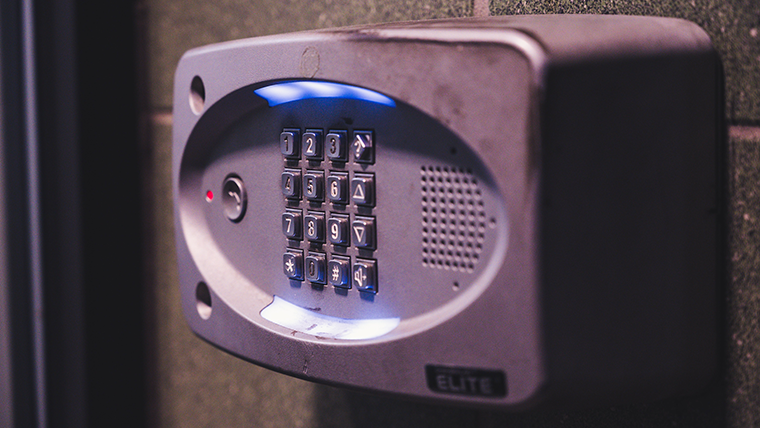
| 

If you are thinking of working in the civil service, for either local or national government, it’s only reasonable that you can expect to encounter some level of background checking. In certain government departments, contractors or full-time staff members dealing with sensitive or classified information must undergo security clearance. This security clearance is a type of background checking and is done in addition to the basics of verifying identity, and checking someone’s academic qualifications. There are six different levels of security clearance, and job adverts will usually clearly state what level of checks are required.
Who Needs Security Clearance?
Security clearance is usually needed for contractors and full-time employees working in the Armed Forces, the Ministry of Defence (MoD), and other government departments where access to sensitive information is plausible. From a contractor point of view, it is particularly relevant for workers involved in projects like IT systems.
Getting security clearance involves a national security vetting process with background checks assessing identity, reliability, integrity, and suitability for someone having access to national secrets. The depth of checks varies based on clearance level and exposure to sensitive information. Clearance is usually granted for a set period of time and once it has expired, the person will have to reapply before going back to work in that role. All security vetting for government roles in the UK is done through the National Security’s Vetting Solution (NSVS) portal.
Levels of Security Clearance in the UK
There are six main levels of security clearance, ranging from the basic to the very detailed and involved. Job adverts will typically state whether clearance is needed, and at which level.
Level 1 – Baseline Personnel Security Standard (BPSS): this is entry level security checking. It looks eligibility to work in the UK and whether the application has any sort of criminal record.
Level 2 – Accreditation Check (AC): Used in aviation security for those with access to restricted areas, valid for up to five years. This is the sort of check a baggage handler would need.
Level 3 – Counter Terrorist Check (CTC): This check is for individuals working in areas at risk of a terrorist attack and will look at the applicant’s backgrounds and people they associate with.
Level 4 – Security Check (SC): People who have access to sensitive documents will need his level of check, which is formally reviewed after five years.
Level 5 – Enhanced Security Check (eSC): These are checks done in addition to standard security checks for specific work requiring additional checks.
Level 6 – Developed Vetting (DV): For individuals with frequent, uncontrolled access to top-secret information. Developed vetting looks in depth at someone’s background, friends, and family.
Security clearance is unavoidable for anyone engaged in government work involving sensitive information. The system is complicated and for the most detailed levels of checks, can take several months to complete. You may be able to start work after having preliminary checks, on restricted duties until the more detailed checks are complete.


